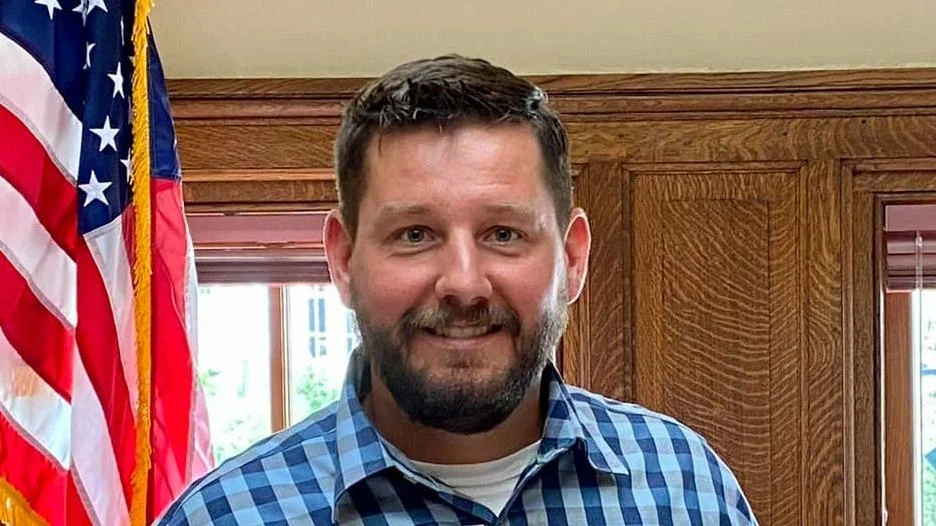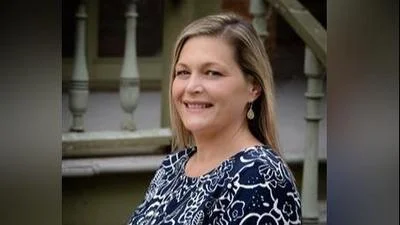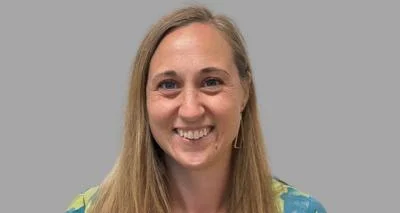Elijah Behnke, Wisconsin State Representative for 6th District | Facebook
Elijah Behnke, Wisconsin State Representative for 6th District | Facebook
According to the Wisconsin State Legislature's official website, the bill was described as follows: "creating an individual income tax deduction for certain income earned by an individual from the practice of psychiatry or from providing psychiatric or mental health services. (FE)".
The following is our breakdown, based on the actual bill text, and may include interpretation to clarify its provisions.
In essence, this bill establishes an individual income tax deduction for psychiatrists and psychiatric or mental health nurse practitioners, allowing them to deduct up to $100,000 or $200,000 of income earned in Wisconsin from their services, effective for tax years starting after Dec. 31, 2024, and before Jan. 1, 2030. Practitioners in medically underserved areas can claim the higher deduction of $200,000, while those outside such areas can claim up to $100,000. The deduction can be claimed for up to five years and must begin within the first two years of practicing in or returning to Wisconsin. If a practitioner becomes ineligible during the five years, the deduction may be reclaimed in eligible future years; however, any tax benefits must be repaid if the individual leaves the state within five years. This deduction cannot be combined with a homestead tax credit.
The bill was co-authored by Senator Jesse L. James (Republican-23rd District).
Elijah R. Behnke has co-authored or authored another 38 bills since the beginning of the 2025 session, with none of them being enacted.
Behnke graduated from Toccoa Falls College in 2005 with an AA.
Behnke, a Republican, was elected to the Wisconsin State Assembly in 2025 to represent the state's 6th Assembly district, replacing previous state representative Peter Schmidt.
In Wisconsin, the legislative process starts when a senator, constituent, group, or agency proposes an idea for a bill. After drafting, the bill is introduced, numbered, and referred to a committee for review and public input. If approved, it moves through three readings and votes in both the Senate and Assembly. Once both chambers pass the same version, the bill goes to the governor, who can sign it, veto it, or let it become law without a signature. Only a small share of bills introduced each session ultimately become law. You can learn more about the Wisconsin legislative process here.
| Bill Number | Date Introduced | Short Description |
|---|---|---|
| AB76 | 02/28/2025 | Creating an individual income tax deduction for certain income earned by an individual from the practice of psychiatry or from providing psychiatric or mental health services. (FE) |
| AB74 | 02/28/2025 | Parental notification of alleged sexual misconduct by a school staff member. (FE) |
| AB66 | 02/24/2025 | Dismissing or amending certain criminal charges and deferred prosecution agreements for certain crimes |
| AB64 | 02/24/2025 | An income tax subtraction for certain expenses paid by a school teacher. (FE) |
| AB42 | 02/17/2025 | Local regulation of fowl |
| AB38 | 02/17/2025 | An income tax exemption for cash tips paid to an employee. (FE) |
| AB36 | 02/17/2025 | Law enforcement and firefighter annuitants in the Wisconsin Retirement System who are rehired by a participating employer. (FE) |
| AB30 | 02/17/2025 | Prohibiting a foreign adversary from acquiring agricultural or forestry land in this state |
| AB26 | 02/17/2025 | Battery or threat to jurors and providing a penalty |
| AB18 | 02/06/2025 | Fee waivers for state park vehicle admission receipts to pupils with Every Kid Outdoors passes. (FE) |
| AB4 | 02/03/2025 | Required instruction in civics in the elementary and high school grades, high school graduation requirements, and private school educational program criteria. (FE) |
| AB3 | 02/03/2025 | Incorporating cursive writing into the state model English language arts standards and requiring cursive writing in elementary grades. (FE) |






 Alerts Sign-up
Alerts Sign-up